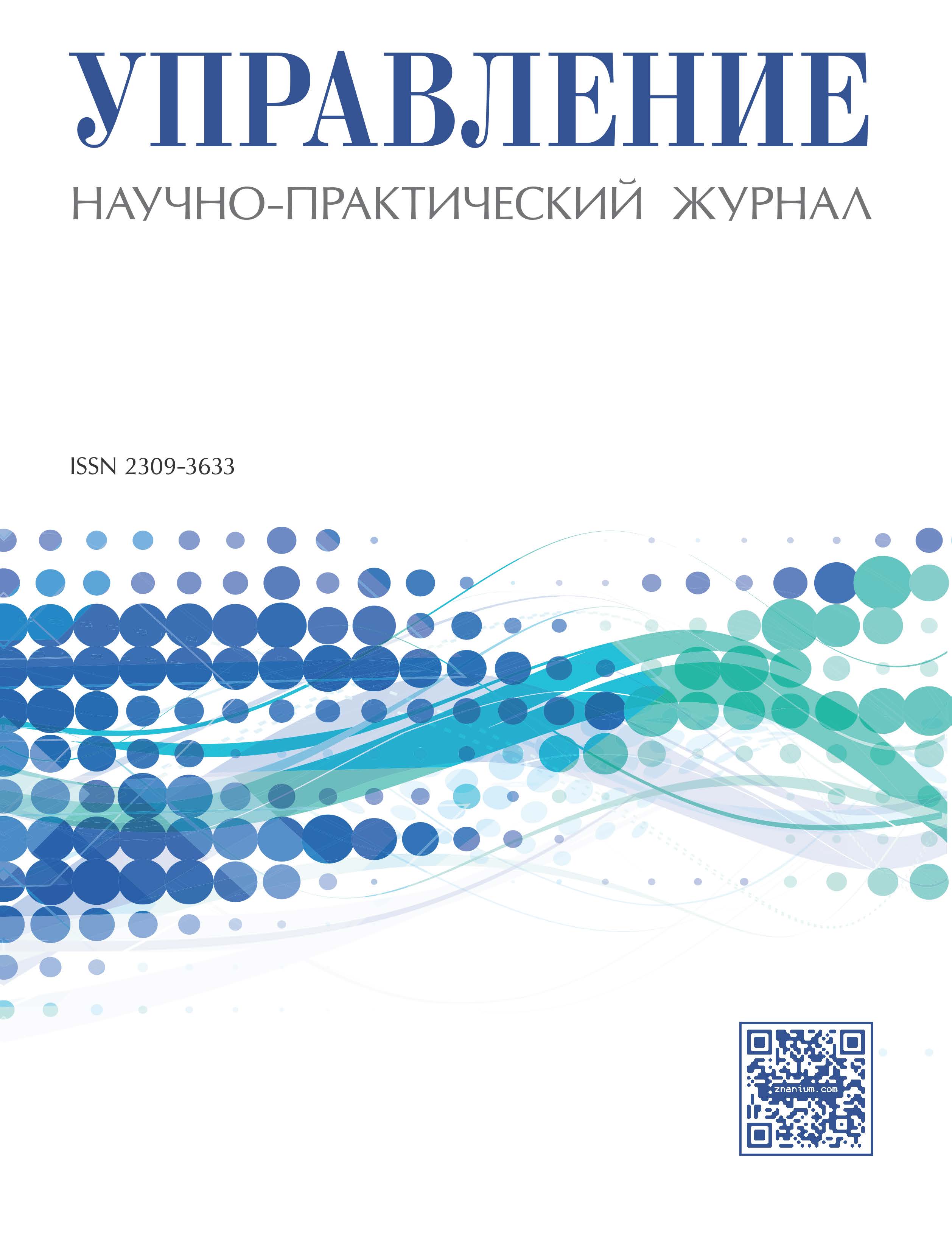This paper is based on the results of studying in Moscow higher educational institutions Vietnamese students’ depth interview. Research is devoted to how students from other countries build their identification, attracting their social communications networks. This research results allow understand how foreign students face and cross cultural distinctions to define new prospects of identity that gives them a chance to perform special social roles and increase their national and heritage identity. This paper suggests that international educational programs originators consider cultural diversity, recognizing social and cultural influences as defining factors in foreign students’ learning and everyday life, to make the curriculum and use pedagogical methods which give a chance to foreign students to develop self-knowledge, openness and citizenship.
cultural differences, identities, international education, social networks, Vietnamese international students.
Введение
Образование как практика свободы – в противоположность практике доминирования – отрицает, что человек абстрактен, изолирован, независим, и не привязан к миру; оно также отрицает, что мир существует как действительность отдельно от людей. Реальность рассматривает людей в их отношениях к миру, а не как абстракцию или мир без людей. Международное высшее образование долгое время было озабочено экономической конкуренцией на межнациональных образовательных рынках. В Австралии, Великобритании, Новой Зеландии и США, а затем и в России единственной ценностью международного образования служит растущий источник дохода для их университетов. Коммерциализация высшего образования как экспорт – недавнее веяние в российском высшем образовании, отмеченное агрессивным маркетингом российских университетов.
По данным Центра социологических исследований, в 2010/11 академическом году доход от всех форм и программ обучения иностранных граждан равнялся около 30 млрд руб. Других данных, к сожалению, нет. Отсутствие статистики в России по такому важному вопросу может говорить о незначительности доходов от экспорта российского образования или о непонимании того, насколько они важны [4]. В связи с этим неудивительно, что доминирующие методы в международном образовании остаются сосредоточенными на студенческой вербовке и студенческой мобильности.
1. Hoffman Irving Predstavlenie sebya drugim v povsednevnoy zhizni [Presentation of another in everyday life]. Moscow, The CANON - press C Publ., 2000
2. Knyazev V.N. Transformatsiya sotsial’no-psikhologicheskoy identichnosti v protsesse mezhkul’turnoy adaptatsii (stat’ya) [Transformation of social and psychological identity in the course of cross-cultural adaptation (article)]. Innovatsii v obrazovanii [Innovations in education]. 2012, I. 3. (in Russian)
3. Kolosova O.A. Vliyanie gendernogo faktora na vybor strategii kommunikativnogo povedeniya molodezhi (tezisy) [Influence of a gender factor on a choice of strategy of communicative behavior of youth (theses)]. Materialy 18-y Mezhdunarodnoy nauchno-prakticheskoy konferentsii «Organizatsionnaya kommunikatsiya» [Materials of the 18th International scientific and practical conference “Organizational Communication”]. Minsk, BGU Publ., 2014. (in Russian)
4. Krasnova G. Rossiyskoe obrazovanie na eksport [Russian education for export]. Politikus.ru. Available at: http://politikus.ru/articles/32195-rossiyskoe-obrazovanie-na-eksport.html, 8-10-2014
5. Alexander CN and Wiley MG (1981) Situated activity and identity formation. In: Rosenberg M and Turner RH (eds) Social Psychology: Sociological Perspectives. New York: Basic Books.
6. Amin A (2002) Ethnicity and the multicultural city: living with diversity. Environment and Planning A 34(6): 959-980.
7. Bochner S, McLeod B and Lin A (1977) The friendship patterns of overseas and host students in an Oxford student residence. Journal of Social Psychology 125(6): 689-694.
8. Brown L (2009) A failure of communication on the cross-cultural campus. Journal of Studies in International Education 13(4): 439-454.
9. Grimshaw T and Sears C (2008) ‘Where am I from? Where do I belong?’: the negotiation and maintenance of identity by international school students. Journal of Research in International Education 7(3): 259-278.
10. Gu Q, Schweisfurth M and Day C (2010) Learning and growing in a ‘foreign’ context: intercultural experiences of international students. Compare: A Journal of Comparative and International Education 40(1): 7-23.
11. Hall S (1990) Cultural identity and diasporas. In: Rutherford J (ed.) Identity: Community, Culture, Difference. London: Lawrence and Wishart, 222-237.
12. Harris A (2009) Shifting the boundaries of cultural spaces: young people and everyday multiculturalism. Social Identities 15(2): 187-205.
13. Kell P and Vogl G (2012) International students in the Asia Pacific. In: Maclean R and Watanabe R (series editors) Education in the Asia-Pacific Region: Issues, Concern and Prospects, vol. 17.
14. Marginson S (2011) Global context of education and the role of international education in Australia. Paper prepared for AEI-supported International Education Research-Policy Symposium, Melbourne, April.
15. Mead G (1934) Mind, Self, and Society. Chicago, IL: University of Chicago Press.
16. Reynolds AL and Constantine MG (2007) Cultural adjustment difficulties and career development of international college students. Journal of Career Assessment 15(3): 338-350.
17. Sussman NM (2002) The dynamic nature of cultural identity throughout cultural transitions: why home is not so sweet. Personality and Social Psychology Review 4(4): 355-373.
18. Tajfel H and Turner J (1986) The social identity theory of intergroup behaviour. In: Worchel S and Austin WG (eds) Psychology of intergroup relations. Chicago, IL: Nelson-Hall, 7-24.
19. Turner J (1987) Rediscovering the social group. In: Turner JC, Hogg MA, Oakes PJ, Reicher SD and Wetherell MS (eds) Rediscovering the Social Group: A Self Categorisation Theory. Oxford: Blackwell, 19-41.
20. Vertovec S (1999) Three meanings of ‘diaspora’, exemplified among South Asian religions. Diaspora 6(3): 277-299.







